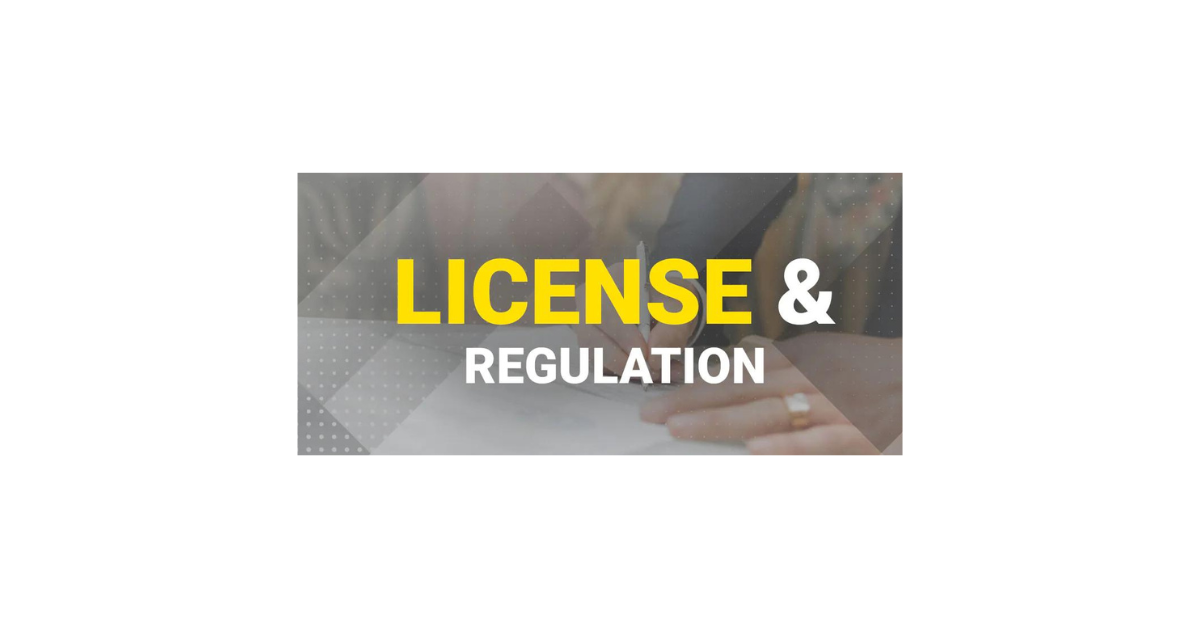Requirements for Obtaining a Sports Betting License
To acquire a sports betting license, potential licensees must adhere to specific prerequisites set forth by regulatory authorities. These requirements often include the submission of a comprehensive business plan outlining the proposed operations of the sports betting venture. Additionally, applicants are typically mandated to demonstrate their financial stability and ability to meet the financial obligations associated with running a sports betting platform.
Moreover, prospective license holders are usually obligated to provide detailed information regarding their ownership structure and key personnel involved in the management of the sports betting operation. Regulatory bodies may also require applicants to disclose any past criminal convictions or regulatory infractions to assess their suitability for holding a sports betting license. Complying with these prerequisites is crucial for ensuring that only reputable and reliable entities are granted the privilege of engaging in sports betting activities.
Eligibility Criteria for Sports Betting License
To be considered for a sports betting license, applicants must meet certain eligibility criteria established by the regulatory authorities. These criteria typically require the applicant to be a legal entity with a proven track record of integrity and financial stability. Additionally, most jurisdictions mandate that individuals associated with the application have no criminal record related to dishonesty or financial misconduct.
Moreover, eligibility for a sports betting license often hinges on the applicant’s ability to demonstrate compliance with all relevant laws and regulations, as well as a commitment to promoting responsible gambling practices. Applicants may be required to provide detailed information about their proposed operations, including the types of bets to be offered, the platforms to be used, and measures to protect against fraud and money laundering. Furthermore, a thorough review of the applicant’s business plan and financial projections is typically conducted to assess the viability and sustainability of the proposed sports betting venture.
Application Process for Sports Betting License
Individuals or entities seeking to obtain a sports betting license must adhere to a structured application process. The first step involves submitting a formal application to the relevant regulatory body with jurisdiction over sports betting activities. This application typically includes detailed information about the applicant, such as personal details, business registration documents, and financial statements to demonstrate the applicant’s financial viability.
Once the initial application is submitted, applicants can expect a thorough review process by the regulatory body. This review process may involve background checks on the applicant and any key personnel involved in the sports betting operation. Additionally, applicants may be required to provide further information or documentation to support their application, including business plans, compliance procedures, and details of the proposed sports betting activities. The regulatory body will evaluate the application against specific criteria outlined in the relevant legislation to determine whether the applicant meets the necessary requirements for obtaining a sports betting license.
Documentation Needed for Sports Betting License
Applying for a sports betting license requires thorough documentation to ensure compliance with regulations. Key documents typically include proof of identity such as a valid government-issued ID, along with details of any past criminal records or financial history. Additionally, applicants may need to provide comprehensive business plans outlining their proposed operations, financial forecasts, and strategies for responsible gambling practices.
Moreover, applicants are usually required to submit documentation demonstrating their financial stability and ability to meet the required capital thresholds. This often includes bank statements, audited financial reports, and evidence of sufficient funds to cover operational expenses. Transparency and accuracy in providing the necessary documentation are crucial steps towards a successful sports betting license application.
Background Checks for Sports Betting License
Background checks are a crucial step in the process of obtaining a sports betting license. This investigative procedure is conducted to ensure that applicants have a clean record and are fit to operate in the sports betting industry. The background check typically involves a review of an applicant’s criminal history, financial standing, and any previous involvement in illegal gambling activities.
The purpose of the background check is to uphold the integrity of the sports betting industry and protect consumers from potential harm. By carefully examining the backgrounds of applicants, regulatory authorities can verify that license holders are trustworthy and capable of upholding the laws and regulations governing sports betting. This thorough vetting process aims to promote transparency, fairness, and accountability within the sports betting sector.















